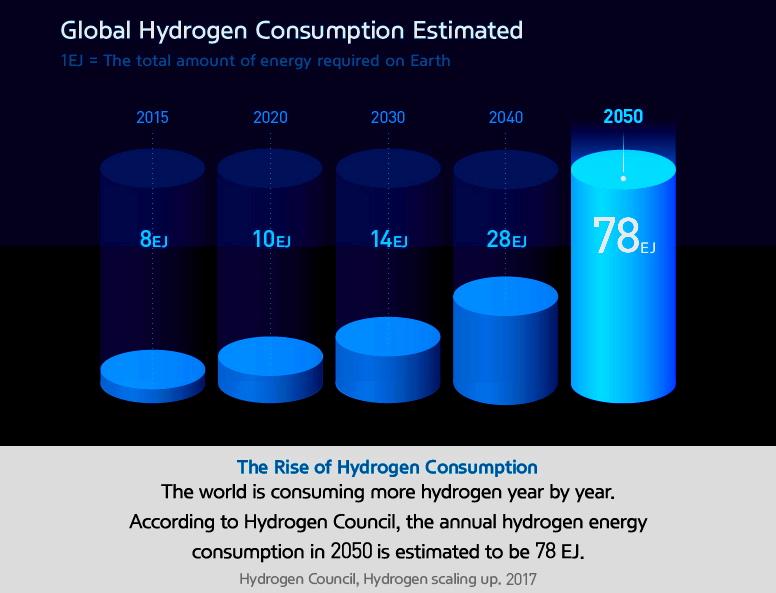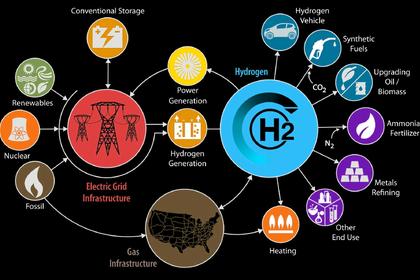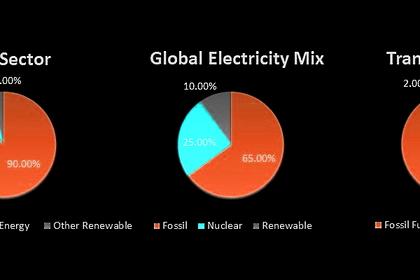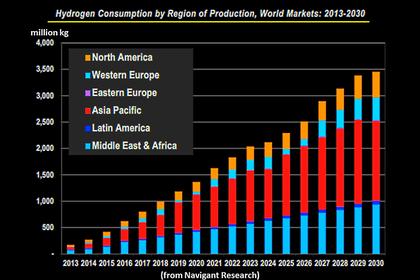
HYDROGEN ENERGY WILL UP

PLATTS - 14 Oct 2020 - The move towards a global hydrogen society is witnessing strong momentum as both governments and private players speed up their plans to embrace the clean fuel despite COVID-19 creating challenges along the path, speakers at the online Hydrogen Energy Ministerial Meeting said Oct. 14.
However, scaling up production in order to bring down costs, as well as creating competitive transportation methods and implementing regulations on safety would be crucial for countries to make it a part of their energy mix, according to speakers at the meeting being hosted by Japan.
"We believe at the IEA the time for hydrogen may finally come," International Energy Agency Executive Director Fatih Birol said.
"We are here to be ready to seize the opportunity," Birol said, adding that the IEA has decided to join forces with Japan to promote international cooperation on hydrogen.
Japan's Minister of Economy, Trade and Industry Hiroshi Kajiyama, the host of the conference, said that there was a growing global consensus that hydrogen would be essential for decarbonization, citing increased numbers of hydrogen strategy roadmaps being announced by the major global economies.
"Reducing the cost of hydrogen is a major issue for creating a hydrogen-based society. Therefore, we are working to establish international hydrogen supply chains in order to enable hydrogen to be supplied in large volumes at a low price," Kajiyama said, adding that Japan aimed to achieve this international hydrogen supply chain by around 2030.
Countries firming up strategies
A Global Action Agenda Progress Report, supported by the IEA and the International Partnership for Hydrogen and Fuel Cells in the Economy (IPHE) and released at the event, said that the hydrogen sector is currently seeing "unprecedented momentum" as more and more countries have started announcing their hydrogen strategies.
"There is also growing momentum and concrete actions being taken to unlock the potential of hydrogen in the private sector," the report said.
"Much research and analysis done by international organizations, for example by the IEA, has shown that hydrogen is an essential element towards the path to carbon neutrality and decarbonization," it added.
The Hydrogen Council, a global industrial body actively exploring the use of hydrogen in the world and established in 2018, is witnessing a fast rise in its membership, the report said.
The council has collected members' insights into safety-related and other critical regulatory gaps to assess and prioritize those gaps as well as make specific recommendation how to improve regulatory alignment.
"Results are expected to be available towards the end of 2020 or early 2021," the report said.
The report highlighted that hydrogen would play a key role in decarbonizing long-distance transport and heavy industry, as well as producing hydrogen-derived fuels.
Francesco La Camera, director general of the International Renewable Energy Agency (IRENA), said that 95% of hydrogen production is currently fossil-fuel based, resulting in CO2 emissions equivalent to the UK and Indonesia combined.
"In this respect, green hydrogen produced from renewable power could become a game changer in global efforts to decarbonize our economies," he said, adding that falling renewable costs, clear policy direction and greater private participation could pave the way for green hydrogen to change the scenario.
IRENA's roadmap for 2050 suggests that at least 1,700 GW of renewable-powered electrolyzer capacity would needed by the middle of the century in order to produce the amount of green hydrogen that could help align with the required net zero strategy.
Nurturing export ambitions
Angus Taylor, Australia's minister for energy and emissions reduction, said that the country's priorities would be to develop technologies around energy storage, low-carbon materials, carbon capture and storage and producing clean hydrogen.
"We are setting ambitious yet realistic, stretched goals for these technologies. For hydrogen our goal is to produce at below $2 per kg -- H2 under 2 -- that's the point when hydrogen becomes competitive as an energy resource for industry, power and heat generation," he said.
Taylor said India was focused on developing the country's first major hydrogen export hub through a $70 million competitive program as it would be crucial in scaling up production and driving down costs.
"New Zealand believes now is the time to invest in a low-carbon future," said Megan Woods, the country's minister of energy and resources, adding that the country had ambitions to become an exporter of the fuel. "But for that to happen, the price of hydrogen needs to decline significantly."
Mohammed Al-Rumhy, Oman's minister of energy and minerals said that the country would be a part of the global effort to embrace the cleaner fuel, and there was a need for international cooperation to overcome multiple challenges.
Suhail al-Mazrouei, UAE's minister of energy and infrastructure, said reducing the cost of production and transportation as well as ensuring safety in production and deployment of hydrogen would be some of the key issued that need to be addressed.
Birol added that the IEA has also decided to start publishing its Global Hydrogen Review from next year on an annual basis. The annual report will assess governments and industries' actual progress against their ambitions, as well as reviewing their investment strategies and sharing best practices.
-----
Earlier:















